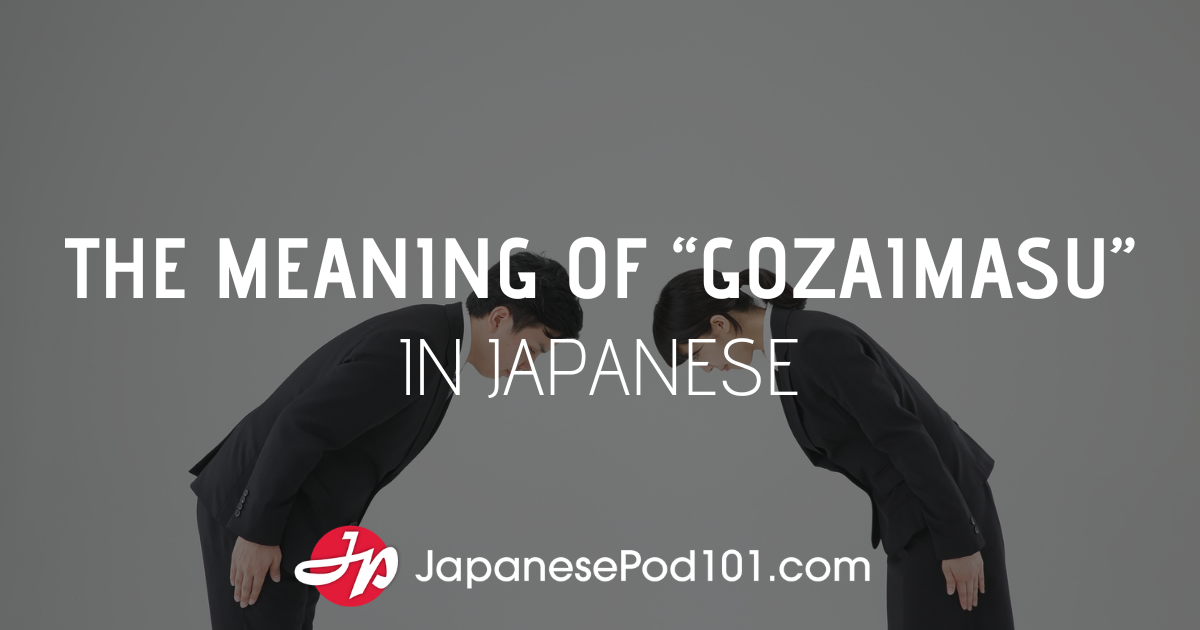July 15, 2021
Why learn Japanese? Here are 10 great reasons.
Are you interested in learning Japanese but are not yet committed to the idea? Then you’ve come to the right place. In this article, we’ll outline a few reasons why you should learn Japanese for either personal (travel, entertainment, culture) or professional (career and business opportunities) gain.
Whether you’re a fan of Japanese anime, a Karate trainee, an adventurer who’s willing to travel around Japan to experience the amazing culture and enjoy the mouthwatering Japanese food, or an ambitious international businessperson, learning Japanese will bring you a lot of benefits. Japanese is not as common a language as English, for example, but it’s worth learning if you’re even remotely interested in Japan.
Get to know the benefits... Show more
July 8, 2021
Japanese Tenses: Simple Yet Unique
Did you know that the Japanese language does not have a future tense nor any perfect tenses like English does? Japanese tenses are much simpler to handle, as there are only two: the present tense and the past tense. However, there are some unique rules concerning tenses in Japanese that are quite different from what English speakers are used to.
Auxiliary verbs and post positional particles play important roles in the Japanese language, especially in verb conjugations. This is because Japanese tenses are expressed via auxiliary verbs that connect to verbs. So forget about how you form tenses in English (I do, I will do, I did, I have done, I had done, etc.), and learn Japanese tenses with new rules!
In this article, we’ll explain... Show more
June 25, 2021
How Long Does it Take to Learn Japanese?
If you’re like most aspiring learners, you may be wondering: How long does it take to learn Japanese? Some people think that learning Japanese is too hard, that it takes forever and requires tremendous painstaking effort. But is that really true?
The answer to this question varies depending on multiple factors, such as your...
...mother tongue....educational background....previous language learning experience....level of interest and enthusiasm....learning goals....study methods.
In this article, we’ll give you some insight on how long it takes to learn Japanese for the different proficiency levels, keeping these influencing factors in mind. We'll also provide tips to help you make the most of your study time.
Are you ready?... Show more
June 10, 2021
Japanese Proverbs – Gain Japanese Wisdom and Insight
Based on experience and timeless common sense, proverbs tell a perceived truth, often metaphorically, in a short sentence. Proverbs offer us wisdom and advice, and they’re extremely popular. You can find them quoted in articles, used in daily conversations, and even showcased on people’s wall decor.
Proverbs often reflect the cultures from which they originate, and Japanese proverbs—called 諺 / ことわざ (Kotowaza)—are no exception. Some Japanese proverbs are very unique and funny, and there are some that are only valued and understood in Japan due to the ideas and values they reference. By learning Japanese proverbs, you’ll not only strengthen your language learning muscles, but also deepen your understanding of Japanese culture and values.... Show more
May 14, 2021
Tokyo Travel Guide: See Japan’s Incredible Capital City!
Have you ever been to Tokyo or thought about visiting? Japan is a very unique and fascinating country, and you can never get bored in Tokyo, one of the biggest capital cities in the world!
Tokyo has a range of sights and experiences for travelers to take in: traditional and cutting-edge modern culture, a wide variety of food choices, shopping, entertainment, nightlife, and even nature and outdoor activities. With so many reasons to visit Tokyo, it’s worth making the trip at least once in a lifetime to enjoy what this wonderful city has to offer.
In this Tokyo travel guide, we’ll help you plan a visit to Tokyo by introducing you to some of the best locations in the city. We will also provide you with basic city and travel information,... Show more
May 13, 2021
English Words in Japanese: Do You Know Japanglish?
The Japanese language can be very difficult for English speakers to learn as these two languages are completely different in every aspect: origin, writing system, grammar, and phonetics. But when it comes to vocabulary, you may be surprised to hear that this isn’t really the case. There are actually quite a few English loanwords in Japanese!
There’s even a name for the mixing of these two languages: Japanglish.
Some of the English words used in Japanese have the same meaning as the original ones, while others have been localized and modified (often shortened), combined with Japanese words, and/or used with a completely different meaning.
In this article, we’ll introduce English words that are commonly used in Japanese. Although... Show more
April 23, 2021
A Brief Overview of Japanese Culture
What do you know about Japanese culture? While you may be familiar with sushi, anime & manga, and maybe even martial arts such as Karate and Jūdō, there’s so much more!
Japanese culture is unique and multifaceted, characterized by rich traditions that boast thousands of years of history. It’s continuously evolving and influencing both domestic and international society, especially in the fields of subculture, cuisine, fashion, and technology.
Understanding and immersing yourself in the culture of Japan will not only make any future visits more enjoyable, but also accelerate your language learning. In this overview of Japanese culture from JapanesePod101.com, you’ll learn about its most essential aspects: Japanese values,... Show more
April 22, 2021
Japanese Showa Day: The First Day of Golden Week
While many of us are enjoying the beginning of spring and looking forward to all that April (and May and June…) have in store, this feeling of excitement is perhaps strongest in Japan right now.
You see, April 29 (Showa Day) marks the beginning of Golden Week! This is a several-day period during which many Japanese people receive time off work, allowing them to travel and enjoy the refreshing spring weather at will.
The Showa Day holiday in Japan, or 昭和の日 (Shōwa no hi), commemorates one of the most trying (and most successful) periods of the nations’ history: the Showa era. In this article, you’ll learn all about Showa Day in Japan and gain some knowledge about the emperor behind it!
1. What is Showa Day in... Show more
March 29, 2021
A Guide to the Best Traditional Japanese Foods
How many different Japanese foods have you eaten? Have you ever ventured outside of the familiar Sushi and Rāmen?
Japanese cuisine features a variety of delicious dishes ranging from cheap, local foods to high-end meals. In Japan, you’ll find both authentic and traditional foods as well as foods that have evolved through the influence of other cultures.
Believe it or not, Tokyo is the world's most Michelin-starred city—it’s not Paris or Rome, but the capital city of Japan! According to the Michelin Guide, 226 of its restaurants received stars for the thirteenth consecutive year. Japanese people are avid foodies and they’re quite picky when it comes to the taste of their food.
In this article, we’ll introduce a list of Japanese... Show more
March 18, 2021
An Easy Guide to Japanese Grammar
Are you interested in learning Japanese and wondering where to start? Or have you been studying a while and want to know more about Japanese grammar and the logic behind it? Our easy guide to Japanese grammar will give you insight into the essentials of the Japanese language.
Japanese grammar works quite differently from that of English, but that doesn’t mean it’s more difficult. Some rules are actually much simpler and easier to understand than those in English or the Romance languages. For example, Japanese does not have articles, gender, or the singular/plural forms; Japanese has only the present and past tenses. Learning the characteristics of Japanese grammar will deepen your understanding of the language and accelerate your... Show more









